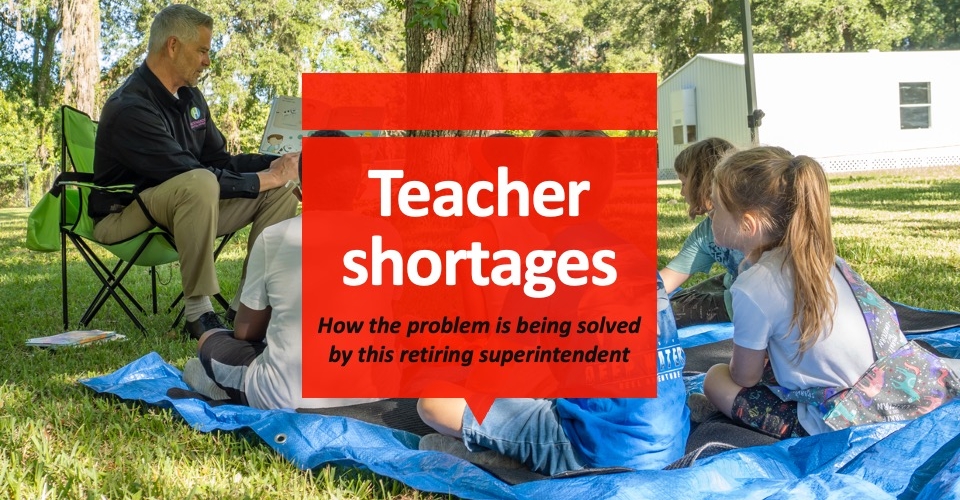School librarians play a vital role in fostering literacy skills and preparing students for success in an innovative world. However, the role is tougher than ever as the educational landscape continues to evolve. Ever-advancing technology, budget constraints and encouraging a love for reading while competing with nonstop digital distractions are just a few of the many challenges they face.
It’s crucial for librarians to have the support, tools and resources they need to succeed, as school libraries serve as an important hub for intellectual engagement. There are numerous studies that show a strong connection between school libraries and student success—properly managed spaces not only help students read more, but also help them learn how to use and process information and perform better on achievement tests.
Here are three strategies school librarians can use to meet today’s challenges head-on and promote academic achievement among student learners:
Stay ahead of audits
School library audits are crucial, as they serve to provide accountability, define priorities and ensure resources are being maximized. Unfortunately, the process can be extremely tedious and time-consuming for librarians and media specialists.
Employing a reliable library resource management system enables them to stay well prepared and ahead of the curve. Management software can track and manage physical and digital resources and inventory efficiently, and keep detailed records of library acquisitions, circulation statistics, budget allocations and sources of funding.
Additionally, resource management software can generate detailed reports and analytics, valuable during audits as they provide key insights into budget allocation, circulation statistics, equitable materials, and quickly identify areas that may need attention or enhancement.
Reimagine space
Gone are the days of quietly reading between endless rows of dusty books. School libraries have shifted to interactive spaces, equipped with 3D printers, coding kits, multimedia production equipment, whiteboards, games and other tools that encourage communication and teamwork.
Superintendent turnover : Superintendent turnover: Hiring is not slowing down
Even with a limited budget, school librarians can still create an adaptive area by leveraging creativity, resourcefulness, and community engagement. Simply rearranging seating to form collaborative work areas or using movable bookshelves to create flexible spaces can make a big difference. In our library, we noticed the non-fiction section was rarely used, which constituted half of our library. By combining the fiction and non-fiction areas, we effectively doubled the use of our usable space and created a much livelier environment.
Also, students and teachers constitute a huge (and inexpensive) talent pool, and tapping into them to create interactive learning displays and other material sparks interest and engagement.
By thinking outside the box, school librarians can create dynamic and interactive spaces that enrich the learning experience for students.
Connect with your “customers”
Keeping your finger on the pulse of what teachers and students want ensures that the library’s resources, services, and programs are relevant and aligned with the educational goals and curriculum. It also increases the likelihood that the library will be used and valued. When “customers” feel that the library caters to their interests and requirements, they are more likely to visit frequently, participate in library activities, and use its resources effectively.
The school library isn’t always top of mind, so in our building we continually develop multiple opportunities for unique connections. For instance, we created “Coffee House Monday” where students can sign up to come talk about books, school, or other topics. We also coordinate regular contests for staff to win books, which helps facilitate conversations about what resources they would like to see us expand or introduce.
Well-managed school libraries can boost student achievement and cultivate a collaborative spirit within schools. By staying proactive and adaptable, librarians will continue to play a vital role in supporting student success, fostering a culture of reading and inquiry, ultimately enriching the overall learning environment.









